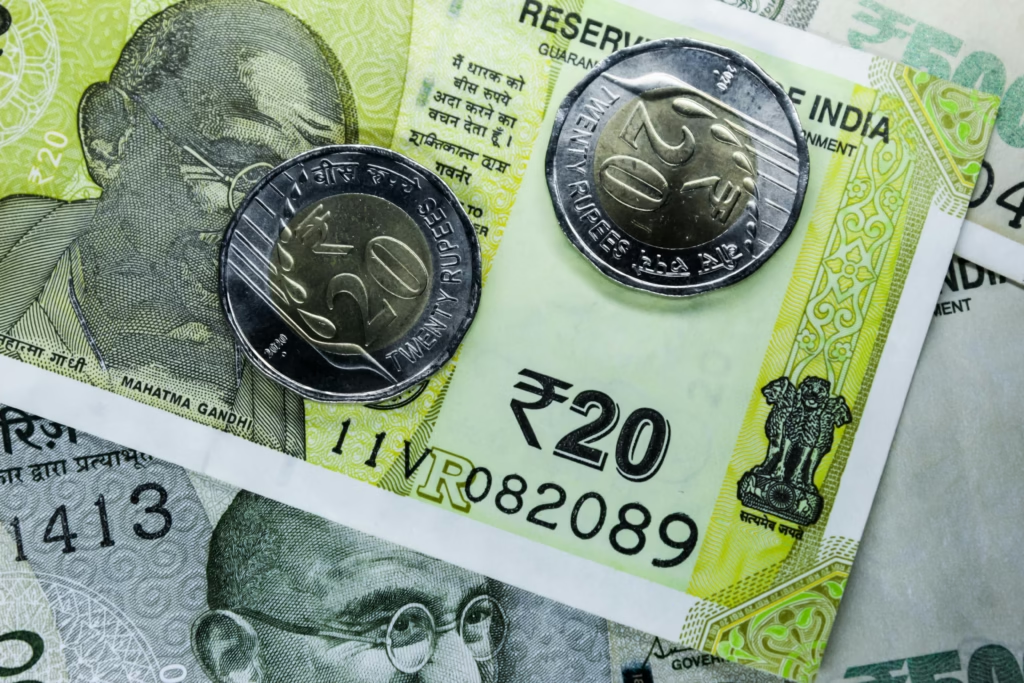RBI Imposes Restrictions on Paytm Payments Bank
Context:
The Reserve Bank of India (RBI) has prohibited Paytm Payments Bank from offering its core services, such as accounts and wallets, starting in March. This move significantly limits the bank’s operations, although it does not amount to a cancellation of its license. Despite this restriction, customers are permitted to withdraw or use their balance without restrictions, up to their available balance.
Paytm Payments Bank, once a symbol of India’s fintech revolution, has a substantial customer base, with over 100 million KYC-verified customers.
What are the restrictions on Paytm?
The Payments banks cannot perform these after 29th February 2024:
1. Cease accepting further deposits
2. Cease conducting credit transactions
3. Can not top-ups on any customers accounts prepaid instruments, wallets, cards for paying road tolls.
- However, Paytm wallet customers can use money till the time their balance is exhausted.
What are the implications for customers?
As per RBI directives the customers of Paytm Payments Bank can’t deposits or top-ups in various customer accounts, wallets, FASTags, and other payment instruments from February 29.
- Customers can still withdraw funds or use their balances from their accounts, including savings and current accounts, prepaid instruments, FASTags, and National Common Mobility Cards, within their available balance.
Paytm Wallet account holders can continue transactions normally until February 29, but after that, they can only use the existing balance in their accounts until it’s depleted, with no option to add more funds.
- The directive also applies to Paytm Payments Bank Limited (PPBL) accounts and associated services like FASTag and National Common Mobility Cards used for travel in metro systems and public transportation networks.
What are the alternatives for users?
Users who are affected by the directive regarding Paytm Payments Bank (PPBL) have several alternative options available to them for both digital wallets and FASTag services.
1. Digital Wallets:
- Mobikwik, PhonePe, Amazon Pay, and other digital wallet providers offer similar services to Paytm Wallet. Users can explore these alternatives and choose one that suits their preferences and requirements.
2. FASTag Services:
- Various banks and non-banking entities provide FASTag services. Users can opt for FASTag from banks such as SBI, HDFC, ICICI, IDFC, and Airtel Payments Bank, among others.
- Recharging FASTag can be done online through the mobile banking or internet banking services provided by their respective banks. Additionally, third-party payment apps like Google Pay, PhonePe, and others also facilitate FASTag recharges.
By considering these alternatives, users can continue to enjoy the convenience of digital payments and FASTag services without disruption. It’s advisable for users to compare features, fees, and usability of different services to make an informed decision based on their needs.
Factors behind RBI’s Action on Paytm
The Paytm Payments Bank came under scrutiny from the Reserve Bank of India (RBI) due to several concerning issues that had been flagged by the banking regulator. Among the primary reasons cited were:
1. Money Laundering Concerns:
- There were apprehensions regarding potential money laundering activities associated with Paytm Payments Bank.
- Allegations surfaced regarding questionable dealings involving hundreds of crores of rupees between the more prominent Paytm wallet service and its relatively lesser-known banking arm.
2. Compliance Issues:
- Paytm Payments Bank was found to have a significant number of non-compliant accounts in terms of Know Your Customer (KYC) requirements.
It was reported that there were lakhs of accounts that did not meet the KYC norms set by the regulatory authorities.
3. Multiple Accounts with Single PAN:
Another issue raised was the use of single Permanent Account Numbers (PANs) for opening multiple accounts.
- This practice raised concerns about the integrity of the banking operations and compliance with regulatory standards.
4. Excessive Transactions:
- Instances were reported where the total value of transactions conducted through Paytm Payments Bank exceeded the regulatory limits set for minimum KYC pre-paid instruments.
- Such excessive transactions raised red flags and further fueled concerns about potential money laundering activities.
In response to these issues, the RBI intervened by clamping down on the operations of Paytm Payments Bank, directing it to cease certain activities and enforce stricter compliance measures. The regulatory actions were aimed at safeguarding the integrity of the financial system and ensuring adherence to established norms and regulations.
How did the Paytm react to the RBI’s action
In response to the Reserve Bank of India’s (RBI) directive issued on January 31, Paytm management has taken steps to address the situation and reassure its users and stakeholders. Here’s a summary of the company’s response:
1. Engagement with RBI:
- Paytm Payments Bank Limited (PPBL) is reportedly engaged in discussions with the RBI to ensure compliance with the regulatory directives and to explore options for continuing its operations.
- This indicates the company’s commitment to resolving the issues raised by the RBI in order to resume normal business activities.
2. Separation of Financial Services:
- Paytm has clarified that its financial services, including loan distribution, insurance distribution, and equity broking, are distinct from the operations of PPBL.
- Therefore, these services are expected to remain unaffected by the regulatory actions taken against the payments bank. This clarification aims to reassure customers and investors about the continuity of these services.
3. Continuation of Offline Merchant Payment Services:
- Paytm has affirmed that its offline merchant payment network offerings, such as Paytm QR codes, Paytm Soundbox, and Paytm Card Machine, will continue as usual.
- The company intends to onboard new offline merchants and maintain its presence in the offline payments ecosystem.
4. Financial Impact:
Paytm has acknowledged that the regulatory actions by the RBI may have an impact on its annual operational profit. The estimated impact is stated to be in the range of Rs 300-500 crore.
- This disclosure provides transparency regarding the potential financial implications of the regulatory directives on the company’s earnings.
Overall, Paytm’s response reflects its commitment to addressing regulatory concerns, maintaining business continuity in key areas, and transparently communicating with stakeholders about the potential impact of the regulatory actions on its operations and financial performance.
About Paytm Payments Bank:
Paytm Payments Bank Limited (PPBL) is associate of One97 Communications Limited (OCL) and was launched on May 23, 2017.
- One97 Communications holds 49% of the paid-up share capital of PPBL, while Vijay Shekhar Sharma (CEO) has a 51% stake in the bank.
- PPBL offers digital banking services including savings accounts, current accounts, fixed deposits with partner banks, and balance in wallets, UPI, and FASTag services.
- Paytm Wallet, which is under PPBL, dominates the segment with 24.72 crore transactions worth over Rs 8,000 crore for goods and services purchases, and 2.07 crore transactions for transferring over Rs 5,900 crore, as per RBI’s provisional data for December 2023.
Paytm Payments Bank has over 100 million KYC verified customers.
Also read:
All About Payment Banks in India
Thanks
Happy reading!











